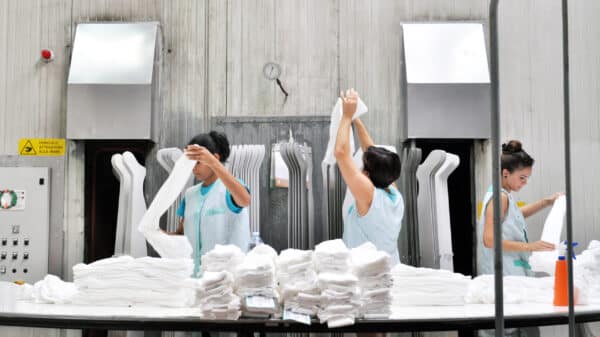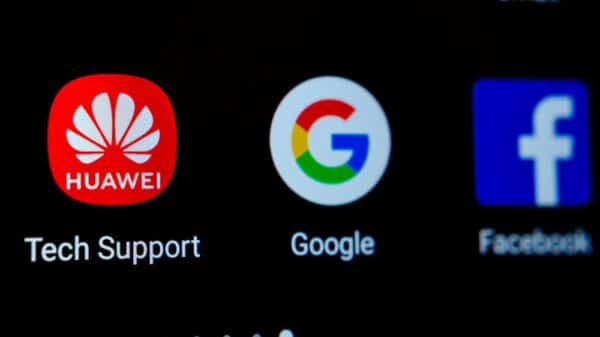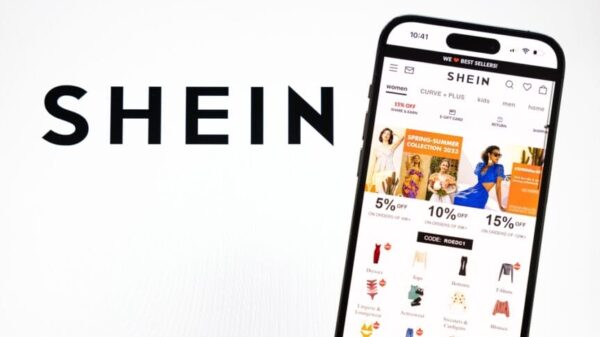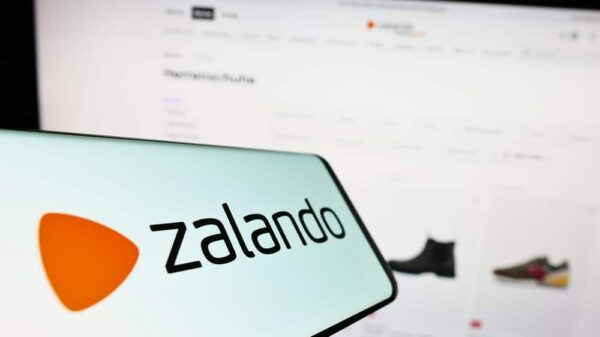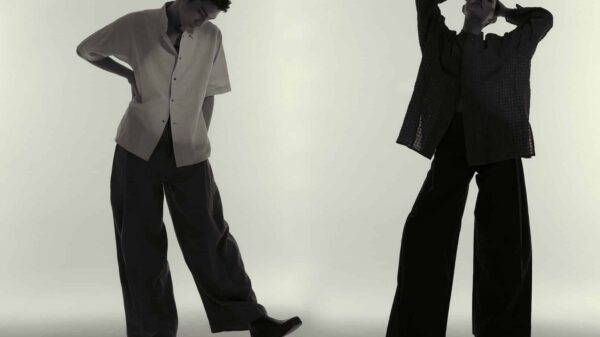A recent ruling from a Paris court has put the spotlight on Bernard Squarcini, the former head of France’s domestic security services, holding him accountable for abusing his position to aid the luxury giant LVMH. This case sheds new light not only on the ethics involved in public service but also on the extent to which companies go to maintain their reputations, especially in the high-stakes world of luxury brands.
Squarcini, now 69, was the head of the French domestic security services from 2008 until 2012. After his tenure, he took on a role as a security consultant for LVMH, the parent company of well-known brands like Louis Vuitton and Dior. His conviction on charges of utilizing public resources for private corporate ends has significant implications. The court sentenced him to two years in prison, which he may serve at home outfitted with an electronic bracelet, along with an additional two suspended years. He was also fined €200,000 (approximately $217,300). Squarcini’s legal team has indicated plans to appeal the verdict, signaling that the saga may not be over yet.
The case centers on actions taken as far back as 2008, when Squarcini was accused of deploying security forces to counter blackmail attempts against Bernard Arnault, the chairman and CEO of LVMH. At that time, he sent agents to surveil a cyber café in Aix-en-Provence, attempting to identify a suspect who was extorting Arnault via email. In court, Squarcini defended this move as an effort to safeguard French economic interests, a justification that the court did not find convincing.
Moreover, Squarcini’s involvement in the illegal surveillance of activist and French lawmaker François Ruffin further complicates the narrative. Ruffin, along with members of his publication Fakir, was gearing up to protest at an LVMH shareholder meeting in 2013 and produce a satirical documentary titled “Merci Patron.” This film—winner of the César award for best documentary in 2017—follows the struggles of families who lost their jobs due to the downsizing of LVMH suppliers. The revelation of the surveillance raises serious questions about the lengths institutions will go to silence dissent.
During previous court hearings, Arnault had stated under oath that he was unacquainted with the illegal monitoring orchestrated by a close associate who passed away in 2018. Following the verdict, Ruffin’s lawyer, Benjamin Sarfati, expressed satisfaction, calling the ruling a “call to order,” but lamented the absence of Bernard Arnault from the list of defendants.
As if trying to distance themselves from the controversies, LVMH had reached an agreement in 2021 to pay a €10 million settlement regarding the spying scandal, without admitting guilt. Such moves suggest a deeper layer in the relationship between power and privilege, particularly in the business realm where reputation is paramount.
Ultimately, this ruling is a reminder that accountability extends beyond the individual and ripples into the fabric of corporate ethics. Whether you’re a powerful executive like Arnault or an everyday employee, understanding the implications of such legal matters hits home. As we navigate professional landscapes filled with complexities, it’s crucial to recognize that actions have consequences, and the quest for reputation should not compromise integrity.
Image Source: Thinkerview @ YouTube






